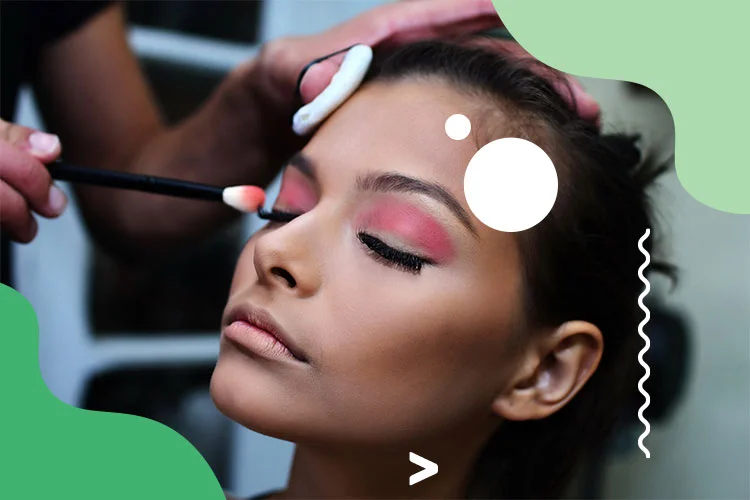Makeup is a powerful tool that can transform the appearance of your skin by enhancing your facial features, evening skin tone, and concealing imperfections. These changes can greatly increase confidence and self-esteem, and make a person feel more comfortable in their own skin. In addition to the aesthetic benefits, makeup is a natural hot spot. This allows people to express their unique personalities and artistic talents, and encourages experimentation with different looks and styles.
With makeup, you can easily transition from a natural day look to a bold evening look, all while expressing your mood and individuality. The versatility of prosthetics means there are countless techniques and materials to explore, making it an exciting avenue for creativity. Whether you like subtle enhancements or dramatic changes, makeup gives you the freedom to express who you are. Ultimately, it’s not just about looking good; it’s about feeling empowered and confident in your own skin. Recognizing makeup as an art form can promote growth and self-discovery, making it more than just an act of beauty.

Makeup cosmetics are products designed to enhance one’s appearance. Its main function is to improve the smell or appearance of the human body. This category includes both synthetic and naturally produced chemical ingredients. The word “cosmetics” comes from the Greek word “kosmetikē tekhnē,” which means the art of decoration. and reflects the cultural practice of decorating oneself thousands of years ago…
Evidence of the use of Makeup cosmetics in the early days It has been revealed in ancient civilizations such as Egypt and Greece. For example, the ancient Egyptians used castor oil as a protective balm. and use beeswax, olive oil, and rose water to create a basic skin care cream. These formulas laid the foundation for modern cosmetics. Developed with the introduction of petroleum jelly and lanolin in the 19th century, Nivea Cream was launched in 1911, expanding the range of skin care options available. The ancient Greeks also used cosmetics as recorded in books such as the Old Testament; For example, Jezebel painted her eyelids as far back as 840 BC. And the book of Esther details the various beauty treatments of that era.
However, in Western history especially during the Victorian era When Queen Victoria deemed makeup inappropriate and acceptable only for actors, linked to obscenity This cultural perspective eventually changed as cosmetics became more popular and accepted in the 20th century.
The modern cosmetics industry has been revolutionized by pioneers such as Eugene Schueler, founder of L’Oréal, who founded a harmless hair dye company in France in 1909. Key players such as Elizabeth Arden, Helena Rubinstein, Max Factor, and later Revlon and Estée Lauder joins the U.S., driving cosmetic innovation throughout the 20th century.


